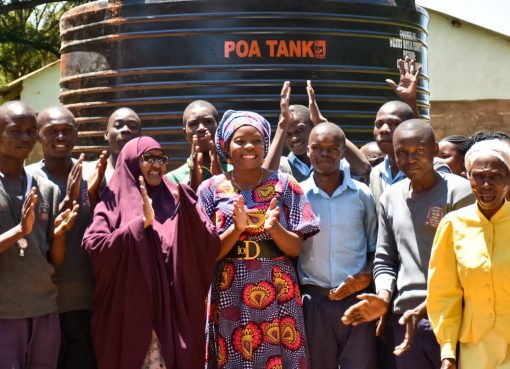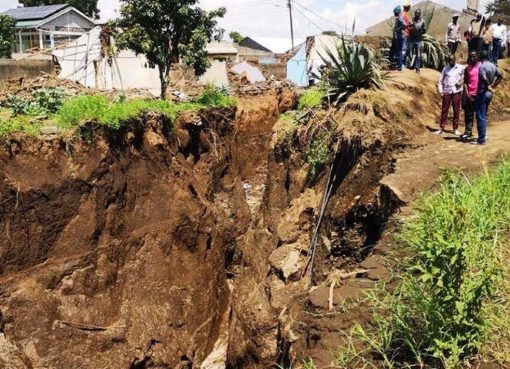As Kenya joined the world to commemorate World Diabetes Day 2022, Kenyans have been urged to take responsibility in the prevention of diabetes and avail themselves for screening for diabetes in all public health facilities.
Speaking during the celebration, Acting Director, Preventive and Promotive Services Dr. Andrew Mulwa said diabetes is a serious threat to the attainment of our country’s health and economic aspirations, with more than 87 percent of Kenyans not knowing the status of their blood sugar.
He noted that it is estimated that nearly 5 percent of Kenyans have elevated blood glucose, but only 40 percent of them are currently on treatment and follow-up.
This year’s theme, “Access to Diabetes Care; If Not Now, When?” is informed by the fact that more than 537 million people living with diabetes globally require ongoing care and support to manage their condition and avoid complications.
Unfortunately, Mulwa noted that this care is not always accessible and affordable calling upon the government, civil society and other stakeholders to act now to make diabetes care accessible and affordable.
He reiterated that Diabetes is a manageable condition, and with the right treatment, persons living with diabetes can live long and productive lives free of complications.
However, he stated that it is unacceptable that only 40 percent of those who have ever been diagnosed with diabetes are currently on medication, adding that the main danger with this scenario is that those not taking medication are predisposed to eye, kidney, heart, foot and brain complications.
Mulwa pointed out that children, adolescents and young adults living with diabetes bear the greatest brunt of the condition, thus there was need to put more focus on this population.
He emphasized that his Ministry and County Governments, with the support of Novo Nordisk, Roche Diabetes, Kenya Diabetes Management and Information Center and other partners, are implementing a program dubbed, “Changing Diabetes in Children” (CDiC).
The program, Mulwa explained, aims to ensure that all Kenyans below 25 years living with diabetes access insulin, blood glucose monitoring equipment, syringes and other supplies at no cost.
So far, Dr. Mulwa disclosed, the program has reached over 3800 children across 37 counties with an overall aim of reaching all the children living with diabetes in the country and ensuring that they live quality lives free of diabetes complications.
He said his Ministry has also ensured that people living with diabetes are accorded priority in the COVID-19 vaccine administration.
“COVID-19 vaccine will go a long way in the prevention of covid-19 infection and exacerbation of severe symptoms if infected. I call upon all the people living with diabetes and other chronic conditions to take up this opportunity provided for free by the Ministry and ensure that they and their family members are vaccinated,” said Mulwa.
In order to access quality diabetes prevention, screening, diagnosis and care, the Ministry of Health has established diabetes clinics in all the county hospitals in Kenya, with 6 centres of excellence in the following sites, Kenyatta National Hospital, Moi Teaching and Referral Hospital, Nakuru PGH, Machakos County Referral Hospital, Coast Provincial General Hospital and Kakamega County Referral Hospital.
The Ministry of Health has also developed guidelines and manuals such as the National Clinical Guidelines for the Management of Diabetes Mellitus – 2nd edition of 2018, Competency-Based Training Curriculum on Diabetes Mellitus for health care providers and Peer Educator’s Manual.
Further, the Ministry of Health in a partnership with Kenya Diabetes Management and Information Centre, Novo Nordisk and Roche Diabetes in a program dubbed, Changing Diabetes in Children (CDiC) has put in place provision of insulin and other supplies at no cost to all children and adolescents living with diabetes in Kenya.
“We have formed more than 400 diabetes support groups in 25 counties across the country and plans are in place to reach all the 47 counties. I call upon all the people living with diabetes to join this movement as a way of ensuring that they provide psychosocial support to each other,” said Mulwa.
By Catherine Muindi




